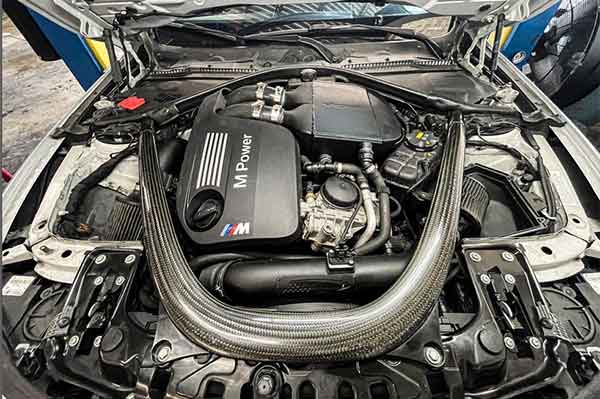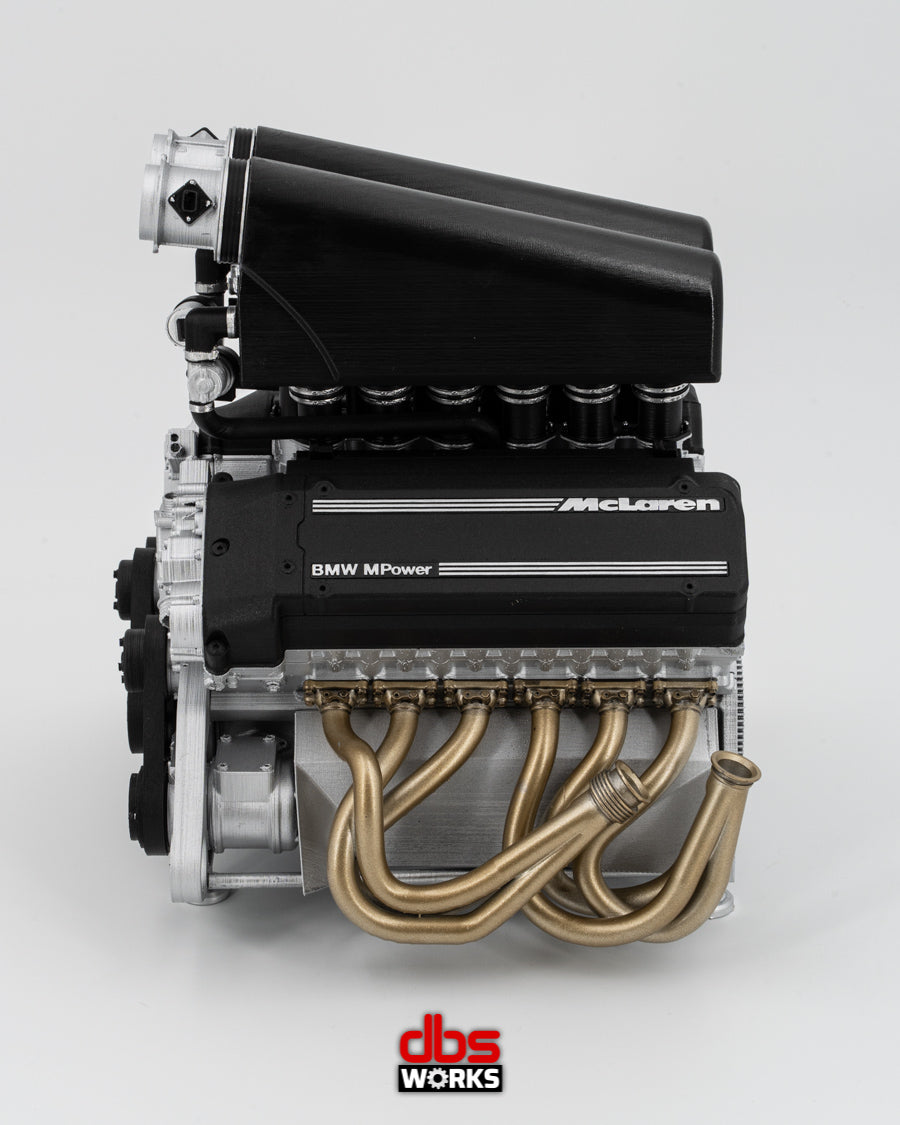Revealing the Intricacies of Next-Generation Power Units: a Deep Study Advanced Engine Layouts and Technologies
As we stand on the precipice of a brand-new age in transportation, the details of next-generation engine styles beckon us to explore the advanced technologies and technologies that guarantee to redefine the driving experience. Digging deeper right into the worlds of discharge control, smart engine management systems, and the perspective of power system growth, we find ourselves on the cusp of a makeover that promises to reshape the landscape of flexibility as we understand it.
Advancement of Engine Materials

The change towards advanced engine products has actually additionally made it possible for designers to make engines with greater power outputs while maintaining fuel performance requirements. For instance, using light-weight products lowers the overall weight of the engine, bring about enhanced gas economic situation and reduced exhausts. Additionally, developments in materials technology have actually permitted far better thermal administration within engines, leading to boosted dependability and durability.
Turbocharging and Supercharging Technologies
How do Turbocharging and Supercharging Technologies change engine efficiency and efficiency in modern-day automobiles? Turbocharging and turbo charging are technologies that dramatically improve engine performance by boosting the amount of air consumption into the burning chamber. Turbocharging accomplishes this by utilizing a turbine driven by exhaust gases to pressurize the consumption air, while supercharging makes use of a belt- or chain-driven compressor to accomplish the very same impact.
These technologies enable smaller sized, more fuel-efficient engines to create power equal to bigger ones, understood as downsizing. By forcing even more air right into the cyndrical tubes, turbocharging and supercharging improve burning efficiency, leading to raised horse power and torque outcome without a substantial increase in engine dimension. This leads to much better acceleration, pulling capability, and total driving performance.
Additionally, turbocharging and supercharging add to improved fuel performance by permitting the usage of smaller engines that take in much less gas under regular driving conditions - bmw engine. This combination of improved efficiency and efficiency has made turbocharging and turbo charging integral elements of several modern engine designs
Discharge Control and Environmental Effect
With boosting international concerns concerning air high quality and ecological sustainability, the execution of discharge control modern technologies in vehicles plays a critical role in minimizing unsafe toxins released right into the environment. Modern lorries are equipped with sophisticated discharge control systems that assist lessen the ecological effect of vehicle operations. Catalytic converters, for example, are developed to convert harmful gases such as carbon monoxide, nitrogen oxides, and hydrocarbons into less unsafe materials like co2 and water vapor.
In addition, innovations in engine modern technology, such as the assimilation of exhaust gas recirculation systems and discerning catalytic reduction, have considerably contributed to lowering emissions. These modern technologies function in tandem to optimize combustion efficiency and minimize the launch of harmful contaminants right into the air. Furthermore, the development of crossbreed and electrical cars represents an essential action towards reducing the total ecological footprint of the transportation sector.
Intelligent Engine Monitoring Solution

Moreover, these systems allow vehicles to meet strict exhausts criteria without jeopardizing efficiency, offering an extra ecologically pleasant driving experience. The combination of expert system and artificial intelligence capabilities in engine monitoring systems remains to press the limits of what is feasible, leading to additional improvements in effectiveness, integrity, and overall lorry performance. bmw engine. As automobile modern technology advancements, smart engine Going Here monitoring systems will play a vital role in forming the future of transportation towards an extra sustainable and effective direction
Future Trends in Power Unit Advancement
As smart engine management systems basics pave the method for boosted control and optimization in modern cars, future patterns in power device advancement are positioned to redefine the landscape of auto propulsion technologies. One of the essential fads driving advancement in power device growth is the change in the direction of electrification. With an increasing concentrate on sustainability and reducing carbon emissions, hybrid and electric powertrains are becoming much more prevalent in the auto industry. These different source of power supply boosted performance and efficiency while aligning with strict environmental laws.
Another substantial fad is the integration of advanced products and producing methods. Lightweight products such as carbon fiber and aluminum are being utilized to reduce total automobile weight, improving fuel performance and performance. Additionally, developments in 3D printing and additive production are enabling you can check here the production of complex engine components with higher accuracy and durability.
In addition, expert system and artificial intelligence are playing a critical function in optimizing power system performance. These innovations allow for real-time surveillance and adaptive control, bring about much more dependable and reliable power shipment. On the whole, future patterns in power device development are tailored in the direction of sustainability, efficiency, and efficiency, driving the automobile market in the direction of a new age of propulsion modern technologies.

Verdict
In verdict, the developments in engine materials, turbocharging, emission control, and smart management systems have actually led the way for next-generation power units. These advancements have not only enhanced efficiency and effectiveness yet also lowered environmental influence. As technology proceeds to advance, future trends in power system growth are most likely to concentrate on further improving sustainability and maximizing power output. The elaborate layouts and technologies in modern engines showcase the recurring advancement of automobile innovation.
Discovering the progressive advancements in engine products has actually been crucial in boosting the performance and effectiveness of modern engines. Over the years, the evolution of engine products has actually played an essential duty in pushing the limits of what engines can accomplish.The change towards progressed engine materials has actually additionally made it possible for designers to make engines with greater power results while keeping gas performance criteria.The application of intelligent engine management systems in modern vehicles has revolutionized the means engines are regulated and enhanced for performance and efficiency. By collecting information in real-time and analyzing it with innovative formulas, intelligent engine management systems can adjust to driving designs, environmental variables, and engine health to optimize power outcome while reducing gas usage and discharges.